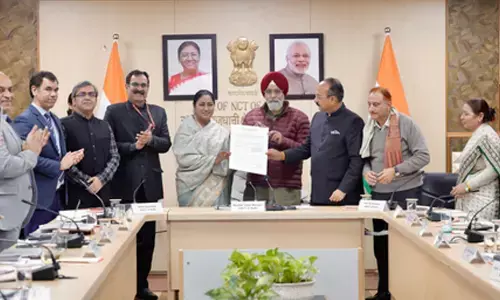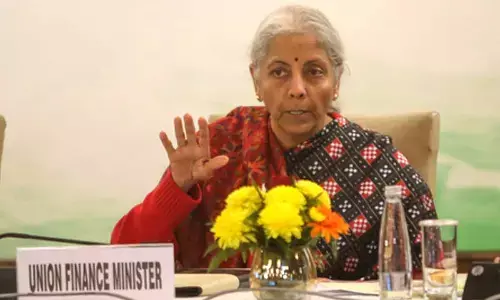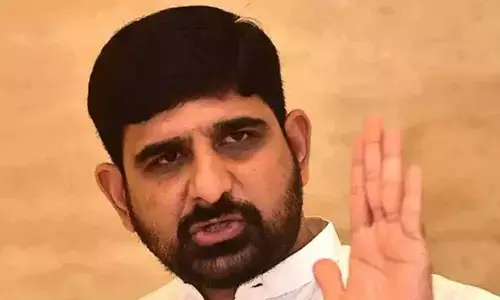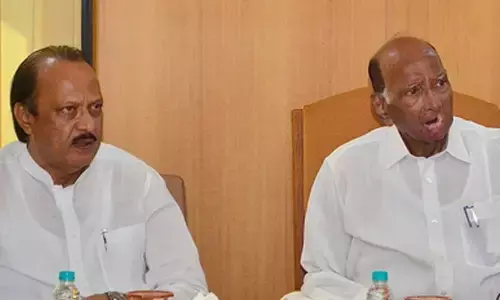Women experts advocate for safer workplace
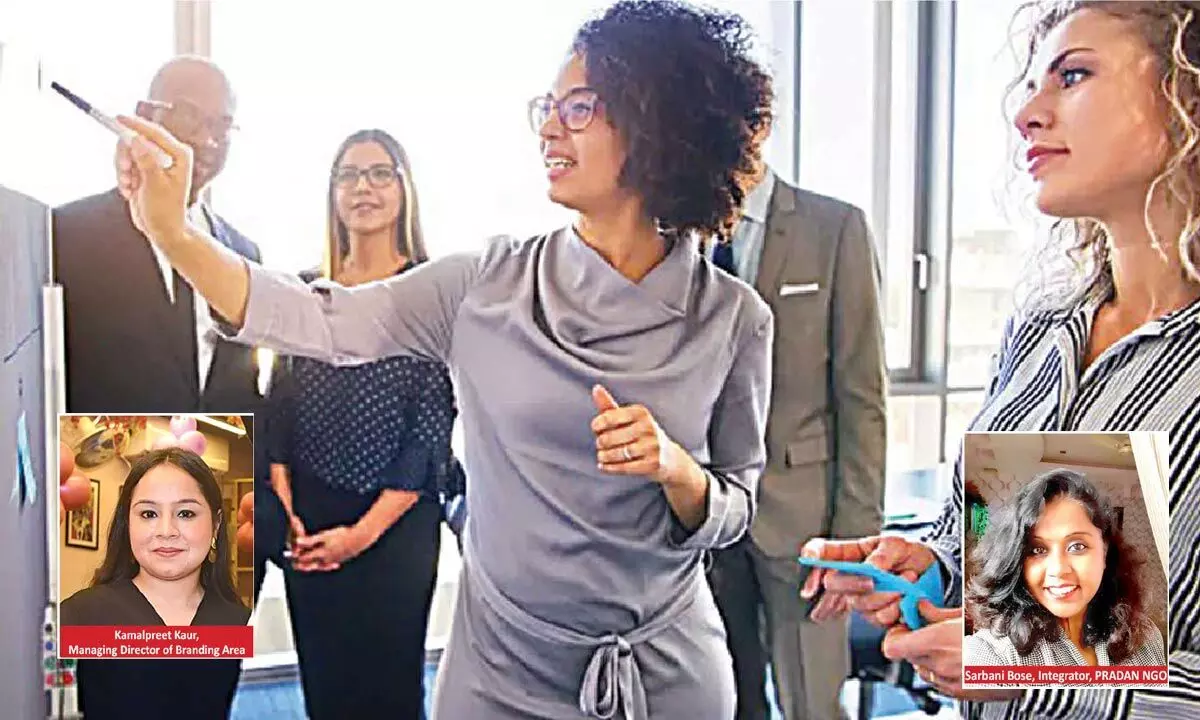
We spoke to some prominent women leaders about the importance of creating safe and inclusive workplaces, tackling harassment, and fostering an environment where everyone feels respected and valued. Their insights shed light on key strategies for addressing these challenges and building a positive, empowering work culture
In today’s rapidly evolving professional landscape, creating safe and inclusive work environments is more essential than ever. Despite notable advancements in workplace policies and increased awareness, harassment and discrimination remain persistent challenges that compromise individual well-being and organisational success.
To explore how organisations can foster safer workspaces, I had the opportunity to speak with three accomplished women: Kamalpreet Kaur, Managing Director of Branding Area; Sarbani Bose, Integrator and Gender Centre of Excellence (CoE) Lead at PRADAN; Rani Garg, Director of Zeon Lifesciences Ltd. and Poonam Dhaka Poonia, a PR expert. Their insights shed light on the importance of addressing harassment and discrimination to create inclusive, respectful workplaces.
Kamalpreet Kaur: “Transparency and Protection are Key”
During our conversation, Kamalpreet Kaur emphasised that transparency and protection are vital in tackling harassment and discrimination within the workplace.
“In our organisation, it is crucial to pursue staff protection and support in the working environment,” she told me. “We strive to foster transparency, particularly when dealing with sensitive concerns. We have implemented policies to protect all employees and encourage them to report any incidents where they feel harassed or discriminated against.” Kaur stressed the significance of fostering an environment of open communication, where employees feel empowered to voice concerns without fear of retaliation.“We regularly assess and enhance our policies to ensure that human dignity is at the forefront. Ultimately, we want everyone to feel appreciated and know that they can handle any problems that arise with trust and ease.”
Poonam Dhaka Poonia: “Building Trust and Respect is Key”
Poonam Dhaka Poonia, a PR expert, added her perspective on the importance of building trust within organisations.
“Creating a safe and inclusive workplace isn’t just a policy—it’s a commitment towards the employees,” she said. “Companies should create an environment where every employee feels respected, valued, and empowered to speak up. It’s about building trust, fostering growth, and ensuring that dignity is the cornerstone of the organisational culture.”
Her focus on creating an environment of mutual respect highlights how these commitments are vital for organisational growth and employee well-being.
Sarbani Bose: “Creating Safe Spaces for Women”
Sarbani Bose spoke passionately about the need for safer workplaces for women, particularly in a professional world where inappropriate behavior remains alarmingly common. “Workplaces are often regarded as sacred spaces where individuals earn their livelihood and build their careers. Ensuring the safety of women is crucial for fostering an inclusive atmosphere where they can thrive professionally,” Bose explained.
She cited a 2024 report revealing that 43% of women globally had experienced inappropriate behaviour in the workplace in the past year.
“This statistic underscores the urgent need for safer work environments in India, so women can pursue their careers without fear and contribute fully to their professional success,” she said.
Bose elaborated on several strategies organisations can adopt to make this happen:
• Gender Budgeting: “This is a powerful tool to analyse and address gender inequalities that may be embedded in organisational policies, ensuring resources are allocated more equitably.”
• Internal Complaints Committee (ICC): “Organisations must establish an ICC in line with the POSH (Prevention of Sexual Harassment) guidelines. The committee should actively address sexual harassment cases and take decisive action.”
• Gender Audits: “Conducting regular gender audits can be transformative. External auditors gather feedback from all employees and assess workplace safety, highlighting areas for improvement.”
PRADAN has implemented many of these models, which have greatly helped in creating a positive, gender-friendly environment within the organisation. “Organisations need to take a proactive approach to ensure equality and safety for all genders. Both men and women play a crucial role in fostering safe workplaces,” Bose concluded.
Rani Garg: “Leadership’s Role in Building Inclusive Workplaces”
As a female leader in a traditionally male-dominated industry, Rani Garg’s perspective on workplace safety was rooted in decades of experience.
“Harassment and discrimination have no place in any organisation,” she told me. “As leaders, it is our responsibility to create environments where everyone feels valued and respected, regardless of their gender.”
Having been a director at Zeon Lifesciences since 1987, Garg shared how the company’s leadership has prioritised creating safe spaces.
“One of the key strategies for addressing these issues is having clear, comprehensive policies. These policies should outline reporting procedures, provide training to all employees, and ensure a supportive, confidential process for anyone who wants to raise concerns.”
Garg emphasised that open communication and feedback are essential to fostering a culture of mutual respect.
“By implementing these strategies, organisations can build a work environment where every individual feels respected, secure, and empowered to contribute their best. At the end of the day, it’s about creating a culture that values dignity and trust.”
Moving Forward: A Collective Commitment
The insights from Kamalpreet Kaur, Sarbani Bose, Rani Garg, and Poonam Dhaka Poonia reinforce the need for a comprehensive, ongoing effort to tackle harassment and discrimination in the workplace. It’s not just about having policies in place—it’s about creating an environment where employees feel safe, where leadership is committed to transparency, and where dignity and trust are foundational elements of the corporate culture. By adopting these actionable strategies, organisations can create workplaces that are inclusive, innovative, and respectful, enabling everyone to thrive.











